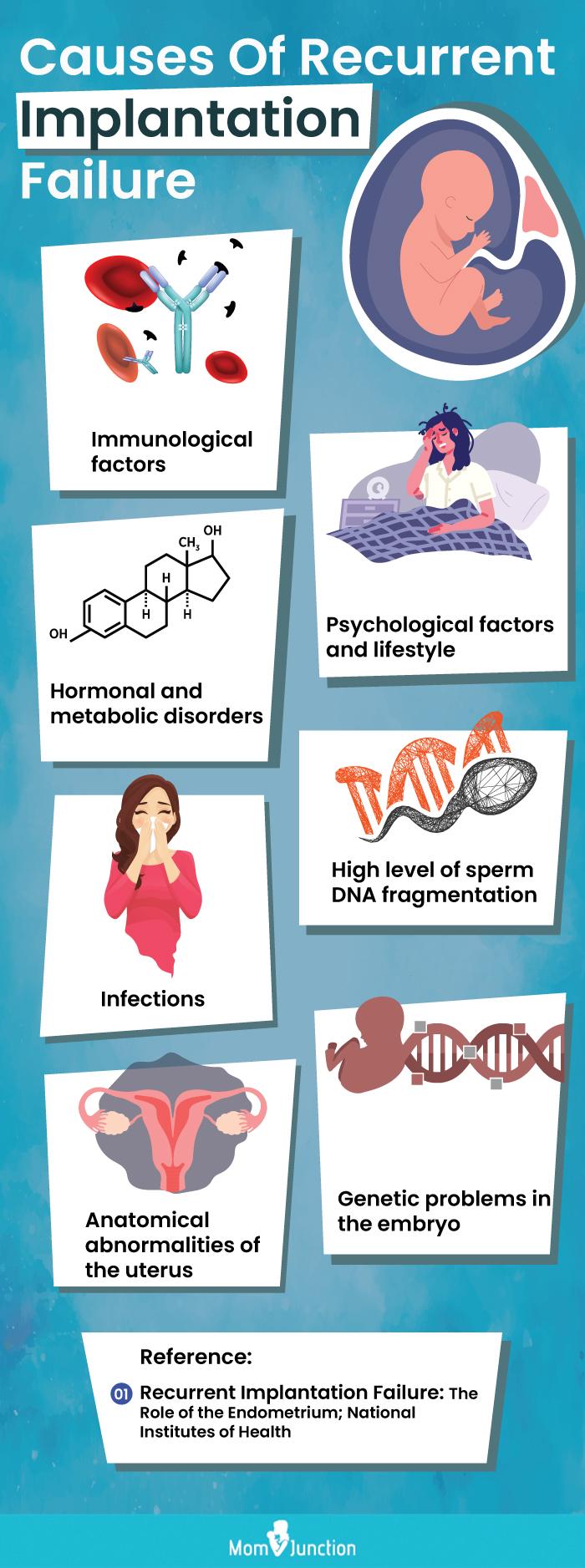
Signs and Symptoms of Implantation in Pregnancy
Implantation is the process by which a fertilized egg attaches to the lining of the uterus. This usually occurs 6-12 days after ovulation. Implantation can cause a variety of symptoms, including:
- Light bleeding or spotting: This is the most common sign of implantation. It occurs when the fertilized egg burrows into the lining of the uterus, causing some blood vessels to rupture. Implantation bleeding is typically lighter than a period and lasts for only a day or two.
- Cramping: Implantation can also cause cramping, which is caused by the uterus contracting as it prepares for pregnancy. Cramping can range from mild to severe and may last for a few hours or days.
- Breast tenderness: Implantation can also cause breast tenderness, which is caused by the hormonal changes that occur during pregnancy. Breast tenderness can range from mild to severe and may last for a few days or weeks.
- Fatigue: Implantation can also cause fatigue, which is caused by the hormonal changes that occur during pregnancy. Fatigue can range from mild to severe and may last for a few days or weeks.
- Nausea: Implantation can also cause nausea, which is caused by the hormonal changes that occur during pregnancy. Nausea can range from mild to severe and may last for a few days or weeks.
- Mood swings: Implantation can also cause mood swings, which are caused by the hormonal changes that occur during pregnancy. Mood swings can range from mild to severe and may last for a few days or weeks.
It is important to note that not all women experience implantation symptoms. Some women may only experience a few mild symptoms, while others may experience more severe symptoms. If you are experiencing any of the symptoms of implantation, it is important to see your doctor to confirm your pregnancy.
Other signs and symptoms of early pregnancy
In addition to the signs and symptoms of implantation, there are a number of other signs and symptoms that may indicate that you are pregnant. These include:
- Missed period: This is the most common sign of pregnancy. If you are pregnant, you will likely miss your period.
- Frequent urination: As your pregnancy progresses, your uterus will grow and put pressure on your bladder, causing you to urinate more frequently.
- Tender breasts: Your breasts may become tender and swollen during pregnancy.
- Morning sickness: Morning sickness is a common symptom of pregnancy that typically occurs during the first trimester. Morning sickness can range from mild to severe and may last for a few weeks or months.
- Fatigue: Fatigue is a common symptom of pregnancy that can last throughout your pregnancy.
- Mood swings: Mood swings are a common symptom of pregnancy that can last throughout your pregnancy.
If you are experiencing any of the signs and symptoms of early pregnancy, it is important to see your doctor to confirm your pregnancy.
When to see a doctor
If you are experiencing any of the signs and symptoms of implantation or early pregnancy, it is important to see your doctor to confirm your pregnancy. Your doctor will likely perform a physical exam and order a blood test to confirm your pregnancy.
It is also important to see your doctor if you are experiencing any of the following symptoms during pregnancy:
- Severe pain or cramping
- Heavy bleeding
- Fever
- Chills
- Nausea and vomiting that is severe or persistent
- Dizziness or fainting
- Blurred vision
- Headaches
These symptoms could be a sign of a serious pregnancy complication, such as an ectopic pregnancy or a miscarriage.